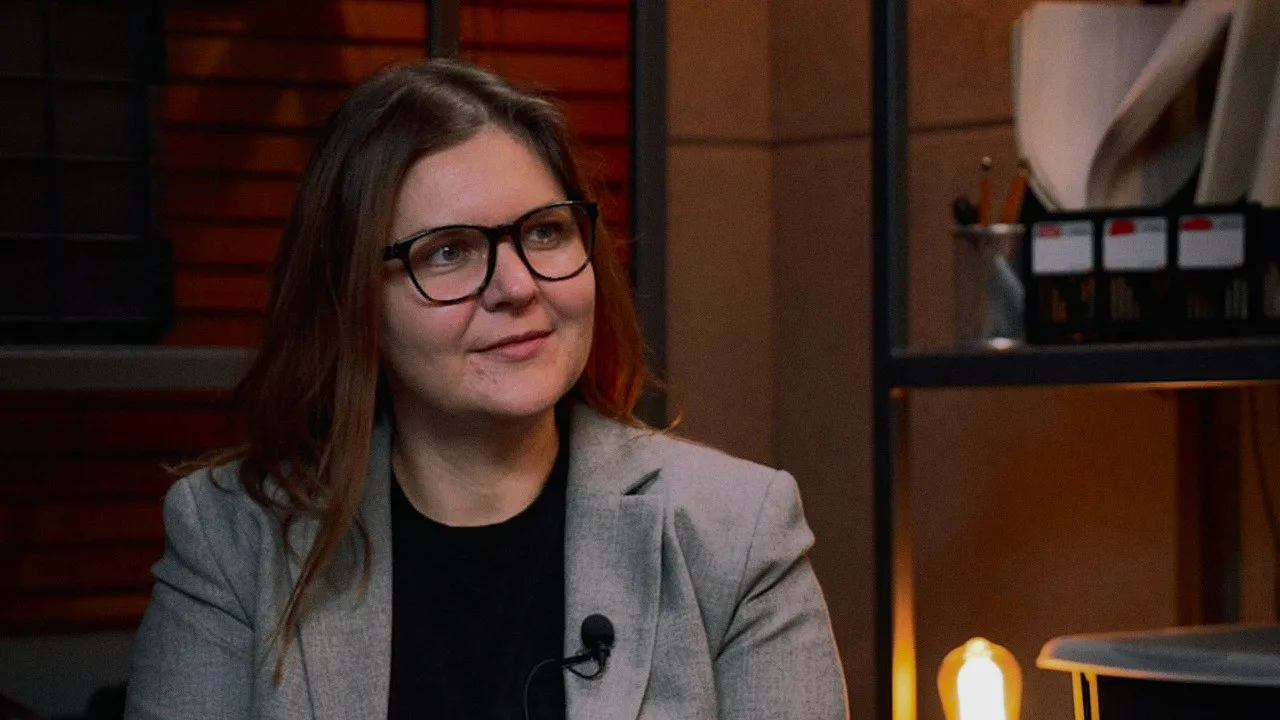Mila Leonova, Director of the Alliance of Ukrainian Civil Society Organisations, in an interview with HMH, explains why 16 major humanitarian organisations have united.
Full version of the interview for HMH:
Read also: How Ukraine is changing its approach to humanitarian crises: lessons for the world
Everything is built on relationships
A few months before the war, I started working at Caritas in Dnipro. In the first months of the full-scale invasion, I realised that being in a humanitarian organisation helping people during the war was probably the best way to help and also to save myself. At first, I was involved in communications and networking. Interestingly, it was then that the first coordination platform emerged in Dnipro. Representatives of international organisations and UN agencies came to Dnipro. At that time, it was a huge support for me. Later, I moved to the national organisation Caritas Ukraine and started helping local organisations build relationships with international partners, relationships between the network and donors, and between the network and UN agencies.
It was a good start for the Alliance. Everything is built on relationships. Caritas was one of the organisations that saw the value of this approach. Then other organisations joined the initiative, including the Ukrainian Red Cross Society, Right to Protection, the National Network for the Development of Local Philanthropy, and many others. They were all doing something on their own, but not as effectively as they could have done together.
Read also: “I don’t want to become an Epicenter.” The story of Viktoria, who makes plates for amputee soldiers
Why the Alliance was created
The Alliance has become an opportunity to make our voice stronger. In the spring of 2023, we held our first meeting. Since then, we have been meeting once a month, consisting of 13-15 organisations. In the process, some left, others joined. In the summer, at a joint workshop, we decided to unite as a community. Even the most sceptical believed in this idea. This is how the Alliance of Ukrainian Civil Society Organisations was formed. The founders were 16 organisations.
Today, the Alliance is an advocacy campaign aimed both at the domestic and global level. That is, Ukraine not only works with the problems that arise within the country in terms of humanitarian response, but also contributes to changing the global agenda.
This month, we have opened an additional call for applications to the Alliance – we are looking for organisations that care about inclusion and cooperation with the private sector and local businesses. In the future, the Alliance is expected to double in size.
Read also: Anna Kuzmenko: “Previously, a bone marrow transplant in Ukraine was just a dream. Now it’s a reality”
About the localisation strategy
We have a strong desire to cooperate with the UN, and we are doing so. One of the ways we are working together is to develop a localisation strategy in Ukraine. At the impetus of the UN Humanitarian Coordinator Denise Brown, Ukrainian organisations took the lead and started developing the strategy on their own. More than 200 organisations and institutions, both Ukrainian and international, have joined in.
The strategy covers the period from 2024 to 2029, i.e. 5 years. We have identified several areas for the first year. For example, researching the progress of localisation. Training, i.e. the development of various courses from short-term programmes to higher education that will help humanitarian workers to have quality knowledge. Innovations in funding, i.e. the transfer of resources from international partners to local actors. As well as protection of humanitarian workers, including appropriate equipment and protection against burnout, for example.
We are working to ensure that the standard of humanitarian response in Ukraine is high.
Read also: Greenpeace Ukraine Director Natalia Gozak: “After the war, there should be a country left suitable for the life of future generations”



